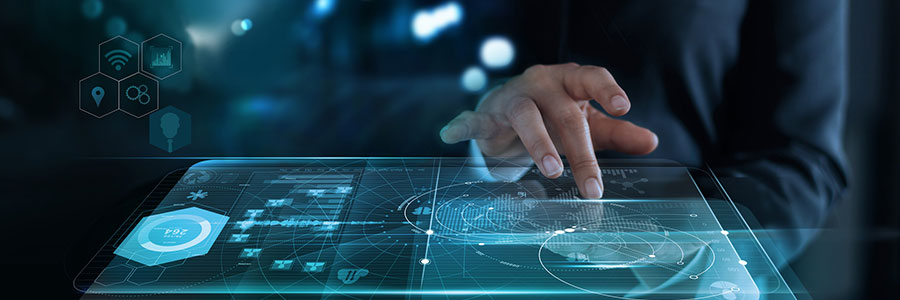In the digital age, cybersecurity should be one of the top priorities for anyone who goes online. One way is to vet those who are trying to access your systems. But when it comes to verifying users’ identity, many are unaware of the two kinds of authentication measures available.
What are 2-step and 2-factor authentication?
Dealing with hypervisors’ vulnerabilities
Monitoring employees online: Is it right?

The choice to monitor your employees’ computers or not is a tricky one. While part of you may think it’s unethical, it could end up saving you hours of lost productivity or preventing a data breach. Here are some pros and cons of employee monitoring, and some tips to handle it fairly if you decide it’s right for your business.
The cloud is more secure than you think
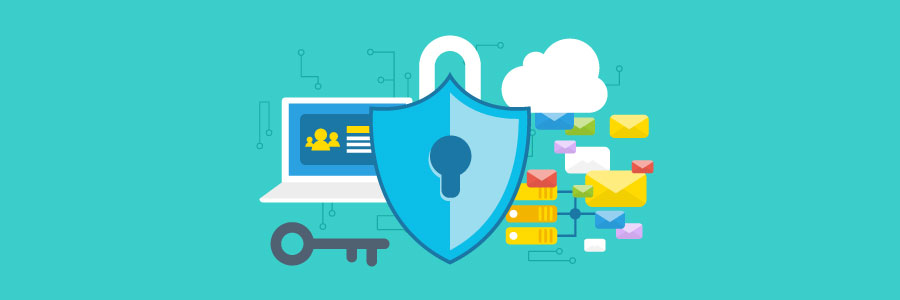
Even to this day, many people doubt the cloud's security.. However, experts argue that it's almost always better than that of local area networks (LANs). So whether you’re considering a cloud web server or internet-based productivity software, take a minute to learn why the cloud might just be your best option.
How to keep your Android device secure
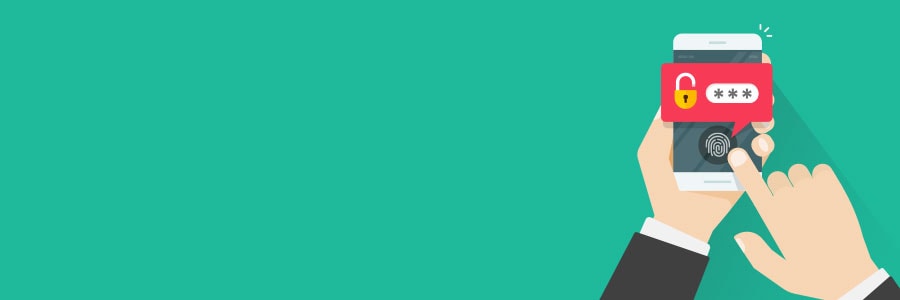
According to this article, more people are relying on their smartphones for tasks such as surfing the internet, booking a taxi or an airline ticket, playing games, and ordering food. While you cannot predict if your Android device will be stolen or lost, the following tools will protect your personal information and give you peace of mind.
Top security threats to financial services
Want to get rid of your Mac? Not so fast
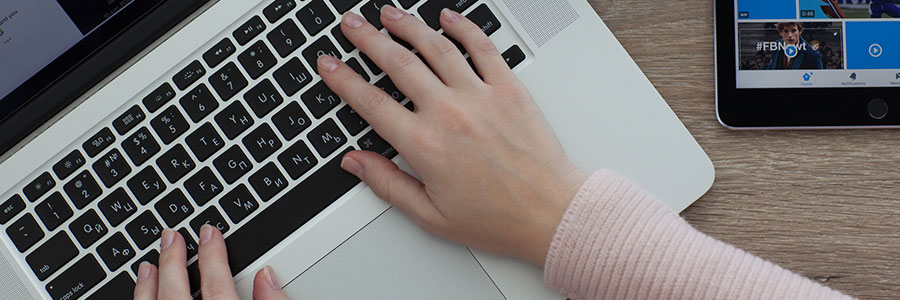
Buying a secondhand Mac is a popular way to save money on relatively expensive equipment that retains its value. Conversely, selling your used Mac is a great way to expose yourself to potential identity theft. Keep your personal information safe when getting rid of a Mac computer by adhering to these tips.
Why you should care about HTTPS
A closer look at fileless malware
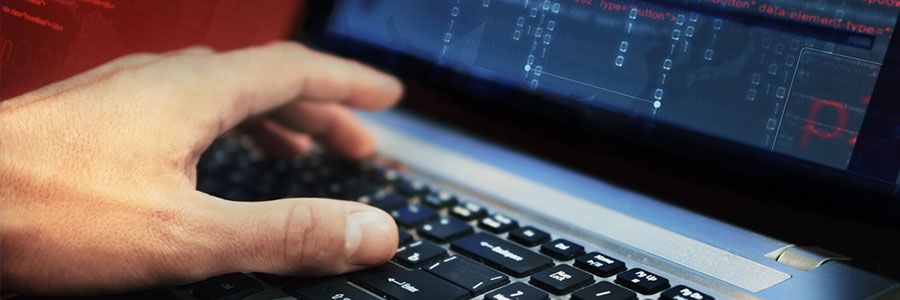
To avoid detection by antimalware programs, cybercriminals are increasingly abusing legitimate software tools and legitimate programs in systems to steal data or ruin its integrity. They use fileless malware to infiltrate trusted applications and issue executables that blend in with normal network traffic or IT/system administration tasks while leaving fewer footprints.
Why should I use private browsing?
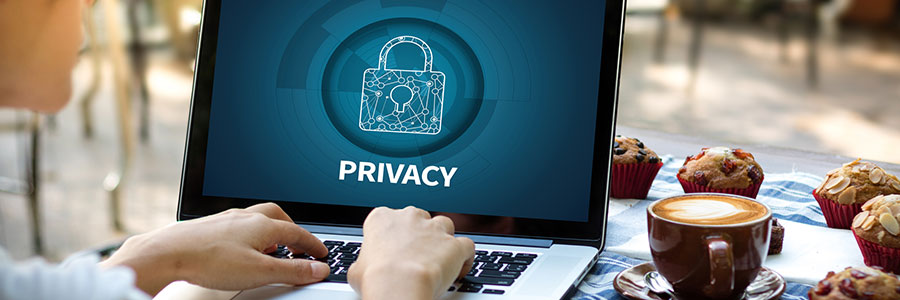
You may think that you’re not online enough to risk your safety, or that you never visit unsafe sites. However, the world wide web is a vast network where the exchange of information is often difficult to track. Here are some good reasons to “go incognito”.
With the headlines about data breaches and cyberattacks greeting you every time you go online, it seems impossible to have a surefire, foolproof way to keep your information secure.


